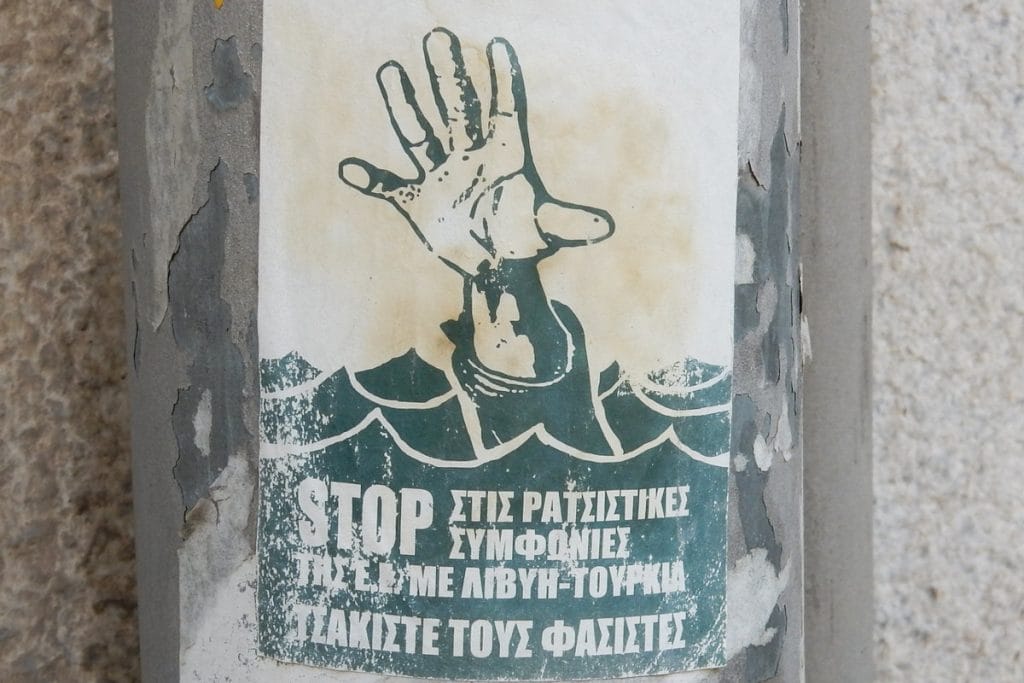Newly leaked documents reveal that the European Union’s Border Assistance Mission in Libya (EUBAM Libya) is expanding its operations, moving into a “consolidation phase” with increased cooperation from Frontex. Meanwhile, Italy’s recent actions in allowing a wanted Libyan war criminal to return home underscore the EU’s reliance on third-state actors to enforce migration policies.
EUBAM Libya, in place since 2013, is tasked with strengthening Libya’s border security, combating human trafficking, and countering terrorism. A recent internal report indicates that Libyan authorities are increasingly open to collaboration, particularly in security and migration control. However, this strategy has been widely criticized for its impact on migrants attempting to cross the Mediterranean.
A revised operational plan highlights ongoing challenges, including the lack of state authority in southern Libya and logistical difficulties for EU staff. Despite this, efforts to bolster Libyan border security continue, with Frontex playing a role in aerial surveillance to prevent migrant crossings.
The EU’s migration policies came under further scrutiny in January when Osama Al Masri, a Libyan official wanted for war crimes, was arrested in Italy—only to be released and flown back to Libya on an Italian government jet. Al Masri, accused of murder, torture, and rape, had allegedly played a role in suppressing migration flows across the Mediterranean. His release raised concerns about Italy’s and the EU’s complicity in working with individuals accused of human rights violations to maintain border control.
Critics argue that such actions undermine international justice and the authority of the International Criminal Court (ICC), which had issued an arrest warrant for Al Masri. Activists and legal experts warn that the EU’s commitment to preventing migration is coming at the expense of human rights and the rule of law.
With growing scrutiny over its migration policies, the EU faces pressure to reassess its partnerships in Libya and uphold international justice standards while addressing border security challenges.


